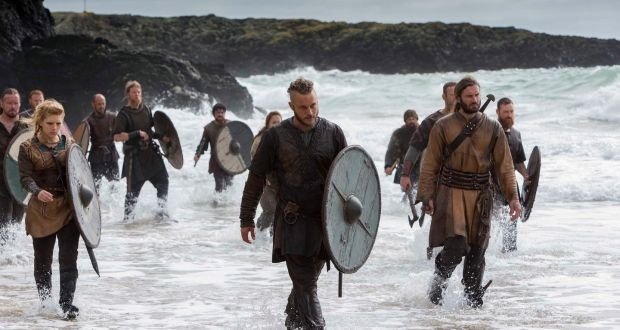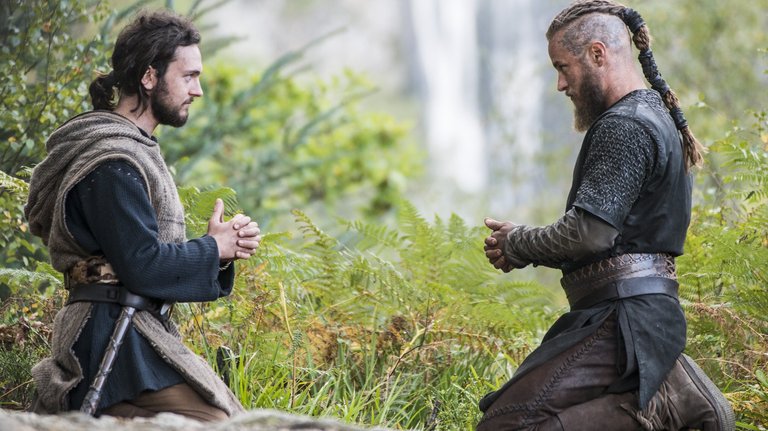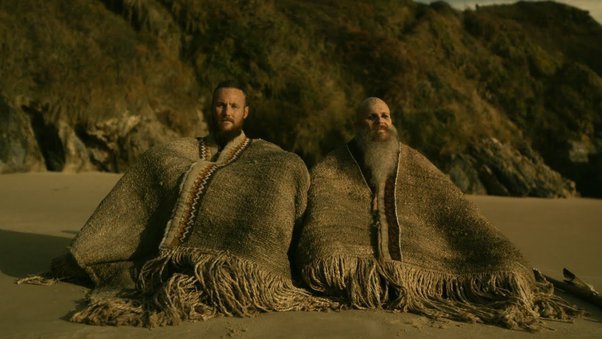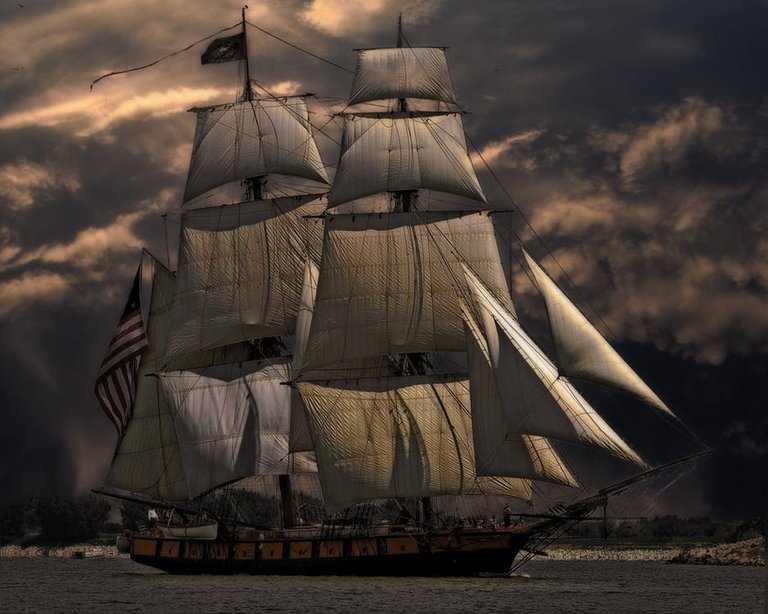Exploring the Epic Saga of "Vikings"

The television show "Vikings" has enthralled viewers all over the world since its 2013 premiere with its compelling depiction of Norse history, mythology, and exploration. This historical drama, directed by Michael Hirst, has won praise from critics for its vivid storytelling, endearing characters, and striking visuals. The Viking Age-themed television series has gained widespread popularity by engrossing viewers in a world of adventure, treachery, and conquest.
A Historical Tapestry
Inspired by the myths of Norse warriors, raiders, and explorers who plied the seas in the Early Middle Ages, "Vikings" is a film. The show mostly centers on the legendary farmer Ragnar Lothbrok, who becomes a formidable Viking chieftain and legendary hero. Viewers are thrust into the turbulent world of eighth-century Scandinavia through Ragnar's exploits, where ambitions for conquest, power struggles, and rivalries among clans influence the path of history.

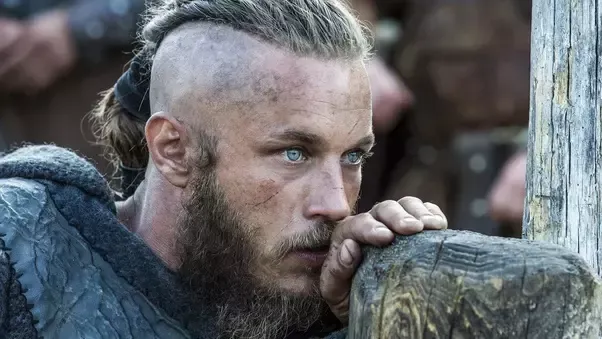
Complex Characters:
The characters in "Vikings" are what really make the story. Each one has flaws, moral dilemmas, and aspirations of their own. A significant portion of the story is driven by the charismatic and mysterious protagonist, Ragnar Lothbrok, who is portrayed by Travis Fimmel with depth and charm. He is surrounded by equally interesting characters like Rollo, his conflicted brother torn between ambition and loyalty, Lagertha, Ragnar's fierce and resourceful wife, and Floki, the eccentric shipbuilder whose unwavering devotion to the Norse gods drives his actions.
Themes of Conquest and Exploration:
The theme of exploration and conquest is central to the series, as Ragnar and his fellow Vikings undertake audacious raids throughout Europe and beyond. The Vikings' desire for adventure took them to far-off places like Iceland and North America, as well as the coasts of England and France. The series offers a nuanced portrayal of both Viking and non-Viking societies as it explores themes of cultural clash, identity, and the effects of imperialism through these journeys.

Religion and Mythology:
"Vikings" depicts the Vikings' intricate relationship with their gods and beliefs by delving deeply into Norse mythology and spirituality. The series incorporates Norse mythology into its narrative, adding layers of mysticism and spirituality through rituals, sacrifices, and encounters with supernatural beings. As characters debate fate, destiny, and the afterlife, religion plays a significant role in forming Viking society and culture.
Visual Spectacle:
A remarkable feature of "Vikings" is its amazing production design and cinematography. The show transports viewers to the rough beauty of the Viking Age with its expansive landscapes and painstakingly authentic historical settings. While quieter moments are filled with awe and wonder, battle scenes are choreographed with visceral intensity, showcasing the brutality and chaos of medieval warfare.
Legacy and Impact:
The legacy of "Vikings" is profound in the annals of television history, as the show approaches its finale. It has not only cleared the path for a comeback of interest in Norse mythology and culture, but it has also spawned a fresh wave of historical dramas that delve into different eras and civilizations. Because of its popularity, there are now spin-offs, merchandise, and a devoted fan base, solidifying its place in the pantheon of television epics as a contemporary classic.

